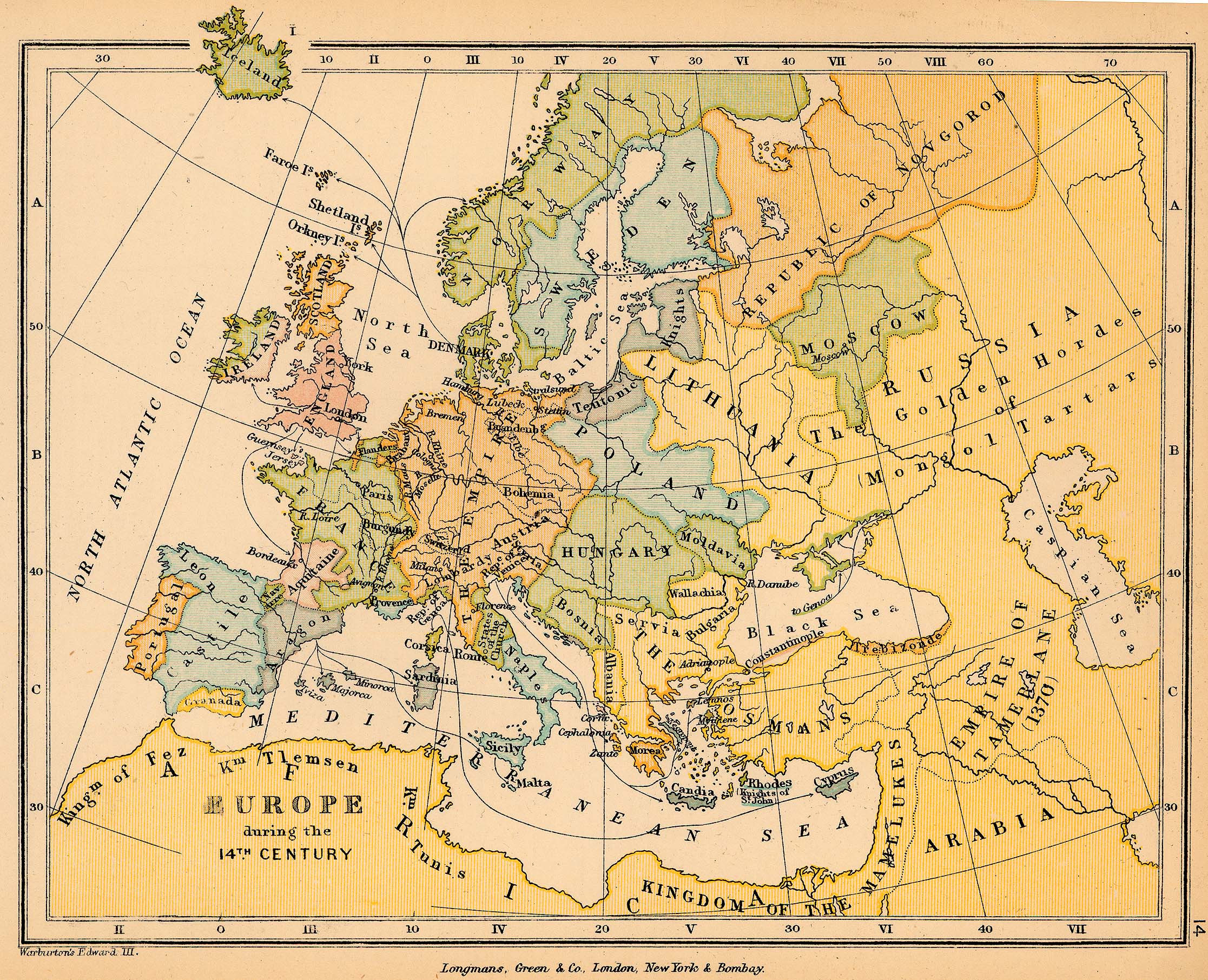
Literature /ˈlɪt ər ə tʃər/, noun
Writings in which expression and form, in connection with ideas of permanent and universal interest are characteristic or essential features, as poetry, novels, history, biography, and essays.
James Boyd White, "Rhetoric and Law: The Arts of Cultural and Communal Life," in Heracles' Bow.
"Rhetoric... [is] the central art by which culture and community are established, maintained and transformed." (p. 28)
"To look at law [as rhetoric] is to direct one's attention to places that it perhaps normally does not rest: to the way in which we create new meanings, new possibilities for meaning, in what we say; to the way our literature can be regarded as a literature of value and motive and sentiment; to the way in which our enterprise is a radically ethical one, by which self and community are perpetually reconstituted; and to the limits that our nature or our culture, our circumstances and our imagination, place on our powers to remake our languages and communities in new forms." (p. 41)
(א) הלכות דיינים
רבן שמעון בן גמליאל אומר על ג' דברים העולם קיים על הדין ועל האמת ועל השלום פי' ה"ר יונה ז"ל אין פירושו שבשביל ג' דברים אלו נברא העולם שהרי בתחילת הפרק אומר על ג' דברים העולם עומד ואינם אלו שזוכר כאן אלא מתחלה אמר שבשביל ג' דברים נברא העולם ואלו הן התורה והעבודה וגמילות חסדים... וכאן אמר העולם קיים פירוש אחר שנברא מתקיים על ידי אלו שעל ידי הדיינין שדנין בין איש לחבירו העולם קיים כי אלמלא הדין כל דאלים גבר...
(ד) ודנין אותו כדי לנעול דלת בפני עושה עולה שלא יסמוך לומר שכנגדו לא ימצא מומחים שידונו אותו.
1) Rabban Simeon b. Gamliel says: The world endures by virtue of three things: justice, peace and truth' (Avot 1:18). Rabbi Jonah of blessed memory comments that this does not mean the world was created for the sake of these three things since, at the beginning of the chapter (Avot 1:2) it says the world stands upon three things and they are not hte three mentined here. Rather, first it is said, the world was created for the sake of three things: the Torah, service in the Temple, and benevolence... But here it says "the world endures," meaning, after it has been created it endures because of these three. The World endures because of the judges who adjudicate between people, otherwise whoever is the more powerful would prevail...
4) ... decisions are rendered concerning [cases of marriage settlements, inheritance, and certain gifts] in order to shut a door against the unscrupulous who would otherwise rely on the inability of the party to find experts to try the case.




